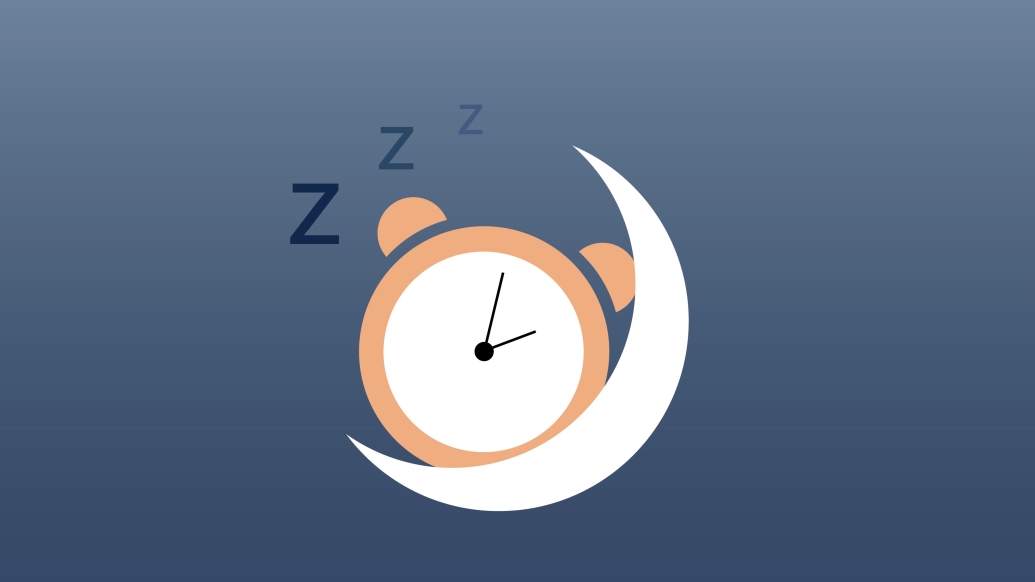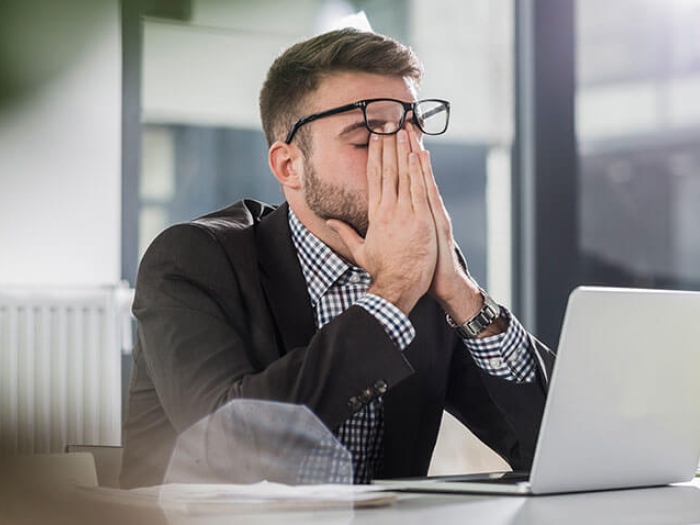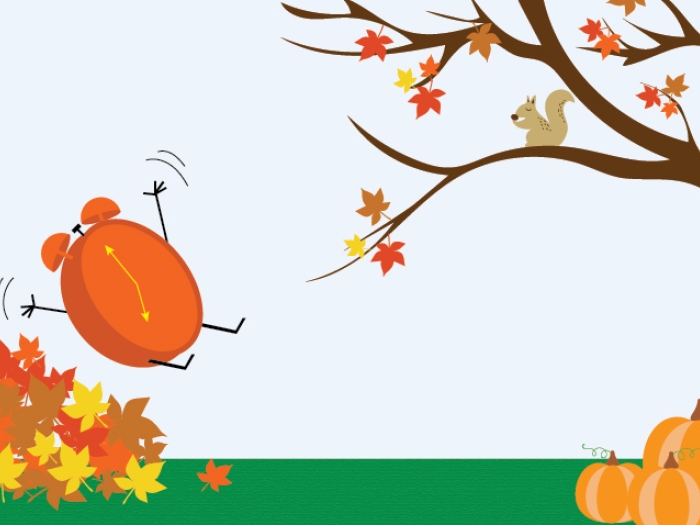Sleep experts encourage the public to take full advantage of falling back one hour this weekend.
7:00 AM
Author |

Sunday morning, many of us will wake up a little more refreshed, thanks to the clocks turning back one hour in the middle of the night.
Daylight saving time ends at 2 a.m. Sunday, and the director of the University of Michigan Sleep Disorders Center says we should all take the opportunity to "fall back" into good sleep habits.
MORE FROM THE HEALTH BLOG: Subscribe to our weekly newsletter
"Many Americans are consistently not getting enough sleep, especially teenagers," says Ronald Chervin, M.D., a neurologist who's also president of the American Academy of Sleep Medicine. "I hope parents will encourage their teens to use this extra hour to rest up for the upcoming week, and remember the importance of being well rested every day."
The AASM recommends teenagers get eight to 10 hours of sleep per night. But two-thirds of U.S. high school students are not sleeping enough, according to a recent study from the Centers for Disease Control and Prevention. Adults are sleep-challenged too, as 70 million Americans admit to sleeping less than six hours per night.
And sleep deprivation can lead to much bigger problems. Those who don't get adequate sleep may not drive or operate machinery as safely as well rested people, and they tend to consume more calories, according to Chervin.
In addition to mental performance, physical performance also suffers with sleep loss. Athletes may find they perform better on the court after a good night of sleep, says Cathy Goldstein, M.D., neurologist at the U-M Sleep Disorders Center.
"Suppose your body typically feels sleepy around 11 p.m. and naturally awakens around 7 a.m. The great thing about 'falling back' this weekend is, with the change in clock time, that is moved one hour earlier," Goldstein says. "If you have been trying to become more of a morning person or fit in a morning workout, this may now be possible! Keep regular sleep wake times and expose yourself to morning light to lock in your new, earlier sleep schedule and avoid sliding back into bad habits."
Better to fall back than spring forward
The end of daylight saving time provides a positive opportunity to jump start good sleep habits while the beginning — in March — is a reminder to avoid negative consequences.
Even a loss of one hour in March disrupts the circadian rhythm, which is your internal body clock, making it lag behind. You may be extra groggy the next day. More heart attacks also occur the Monday after we lose an hour of sleep, according to research out of U-M's Frankel Cardiovascular Center.
Tips for any time of year
Whether you're springing forward, falling back or just trying to feel more rested Monday morning, it's always the right time to incorporate good sleep hygiene into your routine. Chervin and Goldstein offer suggestions:
-
Avoid electronics with blue lights, such as tablets and computers, within two hours of bedtime
-
Avoid caffeine after midday, and keep alcohol consumption to a minimum, as it will make your sleep lower quality
-
Go to sleep and wake up at the same time every day, with a goal of at least seven to eight hours of sleep
-
Exercise in the morning or afternoon, instead of before bed
-
Remove stress from your bedroom: no homework, no computers, no paperwork

Explore a variety of healthcare news & stories by visiting the Health Lab home page for more articles.

Department of Communication at Michigan Medicine
Want top health & research news weekly? Sign up for Health Lab’s newsletters today!





